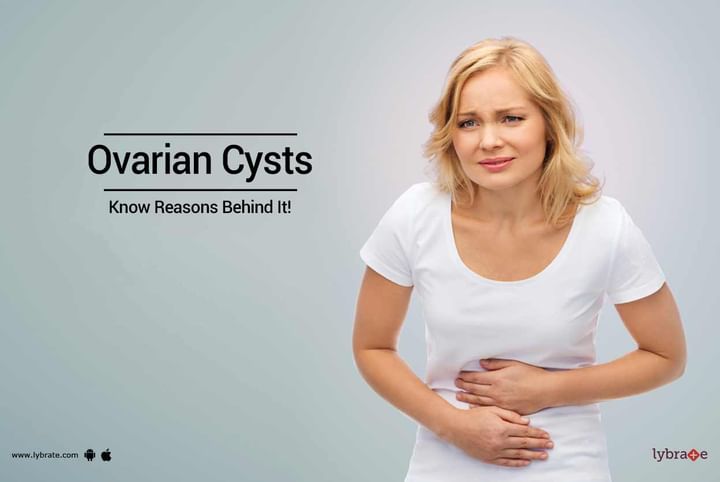Ovarian Cysts - Know Reasons Behind It!
The ovaries are the egg producing organs, an essential part of the female reproductive system, they are responsible for the production of estrogen and release and egg every month. If the egg fertilizes with a sperm it can result in a pregnancy.
Ovarian cysts are quite common among women. Ovarian cysts are known to be small sacs filled with fluid that are situated in the ovaries.
Causes of ovarian cysts
Among ovarian cysts, the most common one is called the functional cyst. This type of cyst generally forms during the process of ovulation, during which either the eggs do not successfully release from the sac or the sac (follicle) fails to disintegrate properly after the release of the egg. Certain factors that can cause ovarian cysts are-
- Lower inflammation levels: The white blood cells present in your body form resistance against infections through a response termed as inflammation. Women with lower inflammation levels are likelier to get PCOS as the decreased levels stimulate polycystic ovaries, thereby, producing more androgens.
- An increased amount of insulin secretion: Women suffering from insulin resistance may get PCOS as their body is not able to effectively use this insulin, which results in increased insulin secretion by the pancreas. This, in turn, triggers more androgen (male sex hormone) production in the ovaries, making it difficult for the ovaries to ovulate.
- Genetic factor: If you have a family history of PCOS, it's highly probable that you may also get it as the disease is linked with your genes.
Symptoms related to ovarian cysts
Generally, ovarian cysts show no specific symptoms and are generally only located during a physical examination or an ultrasound. But, in case you suffer from large cysts or those that have ruptured, you may experience certain signs like-
1. Pain while having sex. Great discomfort may be felt, particularly when deep penetration is attempted.
2. Pain in the lower abdominal and pelvic region. This pain may be intermittent or persistent. It can also vary from being mild to quite sharp.
3. Irregularity in the menstrual cycle.
4. An uncomfortable pressure in the lower abdominal and pelvic area.
5. Acute pain in the pelvic area and the lower back all throughout the menstrual period.
6. Pain in the pelvic area after a session of vigorous exercise or strenuous physical activity.
7. A feeling of discomfort or pain while urinating or during bowel movements.
8. Nausea, followed by vomiting.
9. Pain in the vaginal area, or light bleeding
10. Infertility
11. Problems with healthy bowel movements
12. Bloating



+1.svg)
